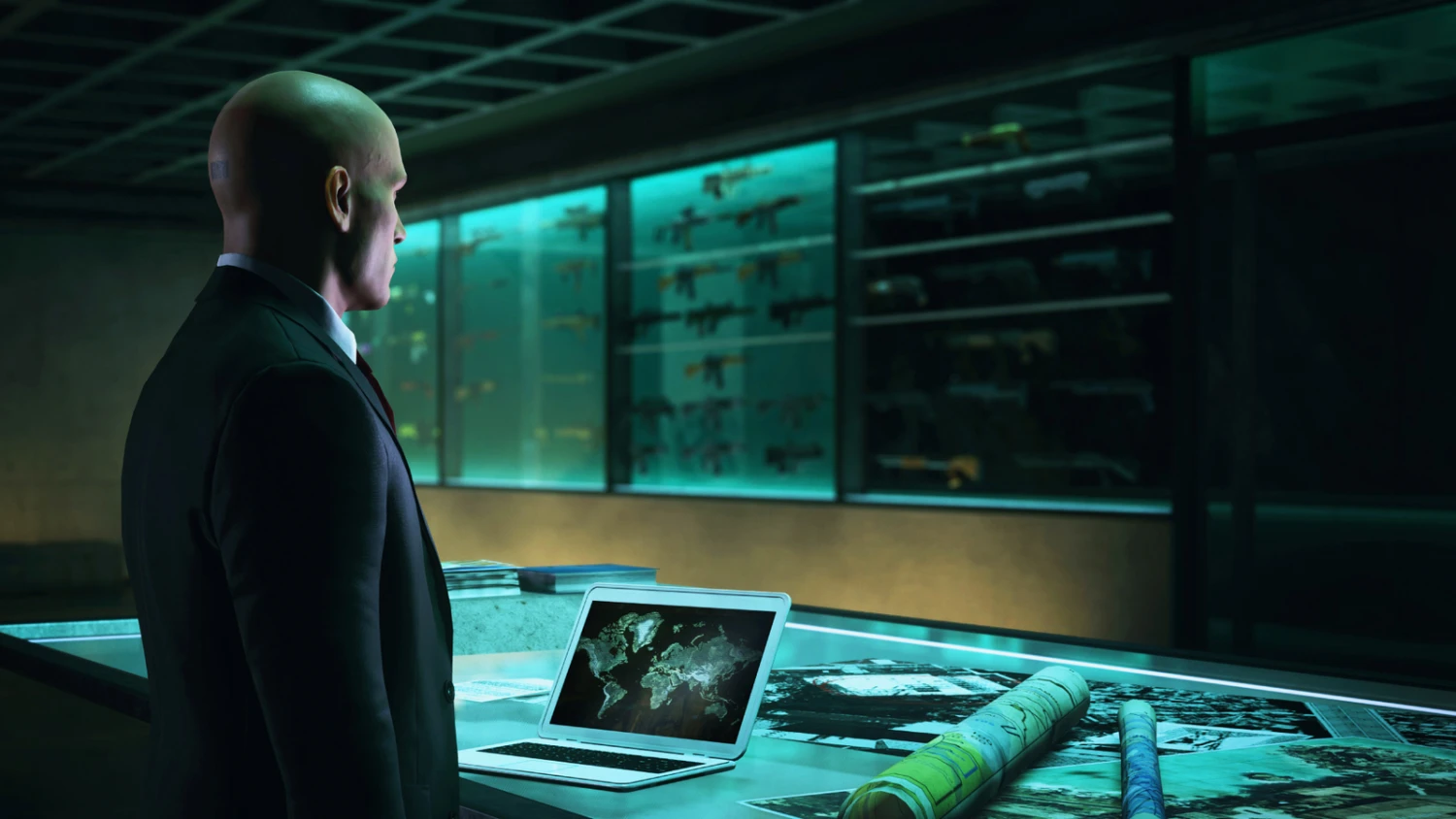
Freelance Game Development Crafting Interactive Worlds
In the ever-evolving world of freelance game development, a realm where creativity reigns supreme, developers embark on a journey to craft interactive worlds that captivate and immerse players. These digital artisans harness their skills to breathe life into virtual landscapes, combining artistic vision with technical expertise. In this article, we'll delve into the intricacies of freelance game development, shedding light on the processes, challenges, and exhilarating possibilities that lie within.
The Art of Freelance Game Development
The Essence of Freelance Game Development
Freelance game development is a fusion of art and technology, where creators leverage their talents to build unique gaming experiences. These projects often start with a vision, a concept that sets the stage for the entire game. As the creators of interactive worlds, developers must meticulously plan and design every aspect of the game, from characters and environments to gameplay mechanics.
The Role of Creativity
At the heart of freelance game development lies creativity. Game developers must weave compelling narratives, design visually stunning environments, and devise engaging gameplay. It's a delicate dance between imagination and technical execution, and it's what sets apart an ordinary game from an extraordinary one.
Navigating the Challenges
Technical Expertise
Crafting interactive worlds requires a deep understanding of game engines, programming languages, and 3D modeling. Freelance game developers must constantly stay updated with the latest technology and tools to create seamless and immersive experiences.
Project Management
Managing freelance game development projects involves juggling multiple tasks, from coding and art design to testing and debugging. Effective project management ensures that deadlines are met, budgets are maintained, and the final product meets or exceeds expectations.
The Joy of Creation
Playtesting and Iteration
A crucial phase in freelance game development is playtesting. Developers gather feedback from players and make iterative improvements to enhance gameplay and overall user experience. This iterative process ensures that the final product is polished and enjoyable.
Launch and Beyond
Once the game is complete, it's time to launch it into the gaming world. Marketing and distribution strategies play a pivotal role in reaching the target audience. Post-launch support, including updates and patches, keeps the game relevant and enjoyable for players.
Frequently Asked Questions
1. What is the typical duration of a freelance game development project?
○ Freelance game development projects can vary widely in duration, depending on the complexity and scope of the game. Some smaller projects may take a few months, while larger, more intricate games can take several years to complete.
2. How can I get started as a freelance game developer?
○ To start a career in freelance game development, one should acquire a strong foundation in game design and development skills. Building a portfolio of work and networking with other professionals in the industry can also be beneficial.
3. What are some popular game engines used in freelance game development?
○ Popular game engines used by freelance game developers include Unity, Unreal Engine, and Godot. These engines provide a robust framework for creating games across different platforms.
4. Is freelance game development financially viable?
○ Freelance game development can be financially viable, but it often depends on the success of the games developed and the developer's ability to market and sell them. It can be a competitive field, but with dedication and creativity, it is possible to earn a living as a freelance game developer.
5. Are there any educational requirements for freelance game development?
○ While formal education in game development can be helpful, it's not always a requirement. Many successful freelance game developers are self-taught or have learned through online courses and tutorials.
6. What are some key trends in freelance game development?
○ Key trends in freelance game development include the rise of indie game development, the growth of mobile gaming, and the increasing importance of virtual reality and augmented reality experiences.
Summary
In the captivating world of freelance game development, creators merge technical prowess with boundless creativity to craft interactive worlds that captivate and enthrall players. This dynamic field presents both challenges and opportunities, requiring expertise in game design, programming, and project management. As the gaming industry continues to evolve, freelance game developers play a vital role in shaping the future of interactive entertainment.
